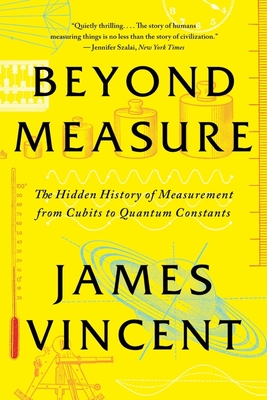
The World in the Long Twentieth Century: An Interpretive History
Description
What can be called the long twentieth century represents the most miraculous and creative era in human history. It was also the most destructive. Over the past 150 years, modern societies across the globe have passed through an extraordinary and completely unprecedented transformation rooted in the technological developments of the nineteenth century. The World in the Long Twentieth Century lays out a framework for understanding the fundamental factors that have shaped our world on a truly global scale, analyzing the historical trends, causes, and consequences of the key forces at work. Spanning the 1870s to the present, this book explores the making of the modern world as a connected pattern of global developments. Students will learn to think about the past two centuries as a process, a series of political and economic upheavals, technological advances, and environmental transformations that have shaped the long twentieth century.
About the Author
Edward Ross Dickinson is Professor of History at the University of California, Davis. He is the author of The Politics of German Child Welfare; Sex, Freedom, and Power in Imperial Germany; and Dancing in the Blood: Modern Dance and European Culture on the Eve of the First World War.
Praise for The World in the Long Twentieth Century: An Interpretive History
"Edward Dickinson has written a very important and original survey of modern world history, one that deserves to be widely read and discussed. For specialists in the history of the twentieth century, this is an indispensable text."
— Journal of Modern History
"A tremendous achievement, a grand synthesis at its best. . . . its range, its ability to connect sweeping trends to local or national details, and its ability to move from economic to cultural, political to ecological themes, is deeply impressive."
— New Global Studies




























